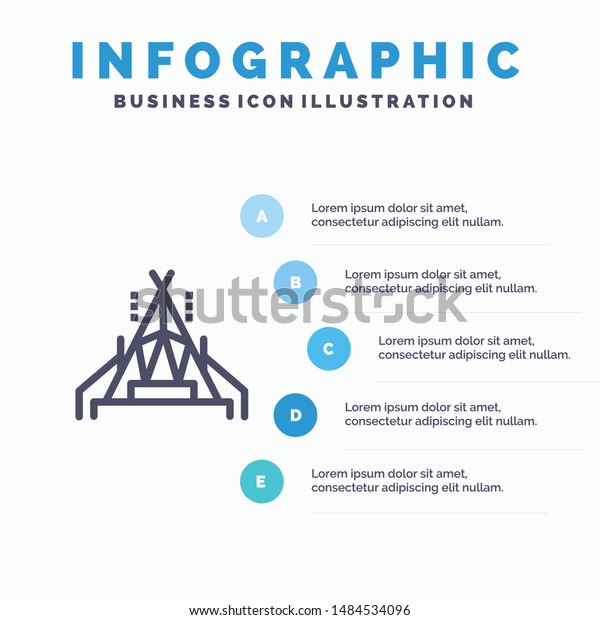Budgeting For A Wall Tent Hunting Trip
How Framework Material Impacts Camping Tent ToughnessOutdoor tents toughness is crucial to making sure risk-free, successful events. From frame products to securing systems, every element of a camping tent influences its stability and strength in numerous climate condition.
In gusty areas, frame camping tents are a lot more secure than century post camping tents. Their stiff frames spread out stress uniformly, reducing the risk of failing in one area during strong gusts.
Steel
Picking the most effective framework material depends on the degree of toughness required for a given application. As an example, a cover camping tent used for winter months outdoor camping needs to be sturdy adequate to deal with snow accumulation and cold temperature levels. In such cases, steel metal structures may be preferable to light weight aluminum ones.
Steel has a lower initial price than aluminum but calls for rust defense and routine maintenance to continue to be resilient. However, it has a greater tensile strength than light weight aluminum and can support more weight.
Occasion hosts can extend the life-span of their camping tents by using water resistant treatments and carrying out regular examinations for indications of wear and tear. This can substantially improve their toughness for a range of climate condition, making them appropriate for numerous events. With correct maintenance and use, both pole and structure outdoors tents can provide longevity for 5 to ten years. They can be a trustworthy selection for official occasions and outside wedding celebrations.
Light weight aluminum
Unlike steel frames, aluminum is naturally resistant to corrosion and corrosion. When paired with sturdy fabric products, aluminum camping tents can maintain their stability and sturdiness for many years to come. This long life decreases upkeep expenses and enables customers to purchase premium, resilient luxury outdoors tents that add worth to their event framework.
Steel frame outdoors tents are more likely to flex under extreme climate condition, which can damage their architectural integrity. Nevertheless, if they are properly treated with anti-corrosion finishes, they can endure the exact same conditions as light weight aluminum tents. This makes them an appropriate selection for usage in high-stress atmospheres that call for a stronger, much more long lasting framework.
In addition, steel structures have a higher compressive toughness than light weight aluminum. This suggests that they can endure better quantities of pressure without bending, which is very important for large-span applications like airplane garages. However, steel can be costly to work with due to the fact that it needs specialized devices and devices. This can make it harder to establish a steel structure outdoor tents, which might boost labor costs and cause raised insurance premiums.
Lumber
A strong outdoor tents framework is crucial to making certain the safety of occasion attendees and campers alike. The appropriate tent product and frame type can additionally assist you decrease repair work prices by resisting damage from rough environmental problems.
For example, century post tents make use of a main post to support the cover from above, which puts extra anxiety on one specific component during strong winds or negative weather conditions. Frame tents, on the other hand, use aluminum or steel beams in a grid-like pattern to distribute stress evenly across the entire framework.
This even distribution of tons additionally helps in reducing motion or shifting in gusty climate, making framework camping tents much more stable than pole tents in numerous surface and surface conditions. Picking a top quality framework product in addition to solid canopy fabrics and protected anchoring systems additionally boosts the toughness of your outdoor tents, shielding it versus damages or structural failure. This results in less expensive repair work or interruptions throughout crucial occasions.
Textile
The textile utilized in a tent affects exactly how well it takes on various climate condition. In general, larger products supply better resilience than lighter materials. For instance, cotton-based canvas camping tents stand up to windy settings due to their phenomenal strength and resistance to wear and tear. They additionally include great breathability to regulate interior temperature levels and minimize condensation degrees. Nevertheless, they are quite hefty, which may impede portability for walkers and backpackers.
Nylon tents are significantly light, making them ideal for satchel treking and other activities that call for mobility. Nylon is additionally a resilient and sturdy material, making sure that the tent stands up to the components. Nevertheless, it may be susceptible to wetness and condensation, which can cause mildew or mold and mildew development.
Event hosts should take into account their expected climate condition when choosing a camping tent. Frame tents outmatch post camping tents in severe weather conditions, offering better security and strength for a more trusted sanctuary. With routine care and examination, such as cleaning up the tent textile and examining the aluminum or steel frame connections, these camping tents can last 10 to 15 years or more.
